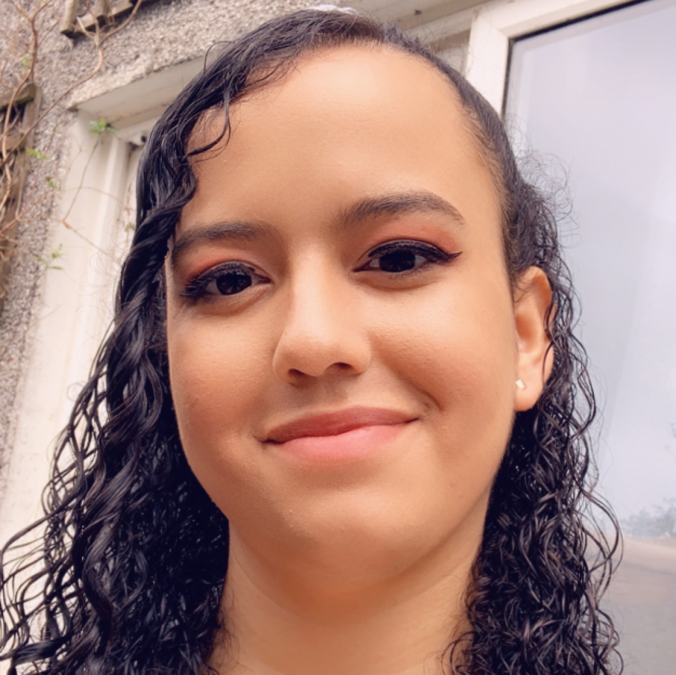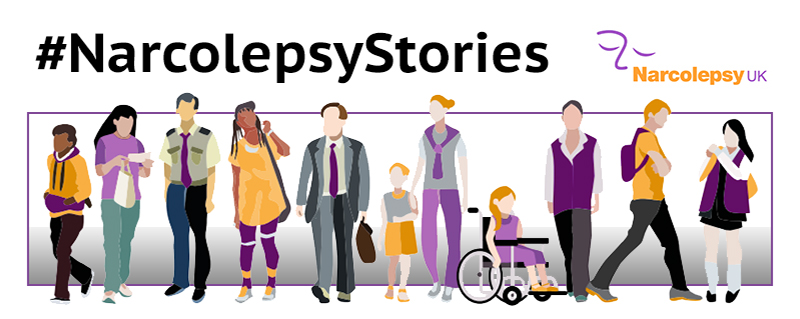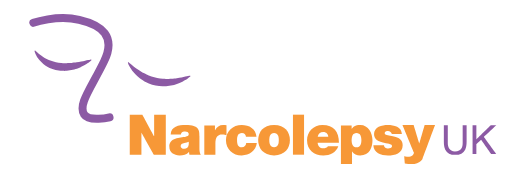15th September 2020
Nobody knew what was happening to me. I started to experience an array of symptoms such as excessive daytime sleepiness, frequent loss of muscle control in my legs, arms and neck as well as slurred speech. I visited hospitals all over the country seeing different specialists, including a thyroid specialist, an ME specialist and several sleep disorder specialists, with myasthenia gravis even being investigated. Eventually, eighteen months after the onset of symptoms, I was diagnosed with narcolepsy and cataplexy at the severe end of the spectrum. By this time, however, I’d become so deprived of quality sleep and the cataplexy attacks had become so frequent that I’d had to drop out of school.
Although I missed the last three years of secondary school and ‘left’ school without any GCSEs, I went to sixth-form college to study performing arts. This gave me the space to catch up on some of my GCSEs, develop new friendships and decide on a career. I’d become a drama therapist, but I knew this end goal would require going to university, something I’d previously assumed that my narcolepsy would prevent me from doing. After having a few discussions with my teachers and my family, I decided that it couldn’t hurt to apply. Despite my reservations, I applied to study Theatre and Performance Arts at the University of Plymouth, went for an audition and was offered an unconditional place. My initial university audition and interview is what gave me the hope that I could achieve a degree, despite my condition.
Meeting others with my condition helped me to realise that I am not alone
During the induction week at my university, I underwent a health assessment to see if I’d qualify for extra support. Suddenly afraid I would not get the help I needed, I broke down in tears due to them being rather dismissive of my condition and its requirements. I was worried that I would struggle through university as I had already struggled at college due to lack of support. This caused the assessors to research narcolepsy thoroughly and the restrictions it can impose. I think seeing me get rather emotional helped them to realise the how much people with narcolepsy struggle, and without the tears I’m not sure I would have received the same level of support. As a result, I was given a dictaphone with which to record lectures, speech-to-text software to transcribe these recordings and help writing essays, a new laptop and printer, a mentor to offer moral support with university life – which is only eligible to those who have a disability or condition – and an allowance to pay for taxis to and from lectures and tutorials each day.
I’m not going to lie. The first year was incredibly hard. I struggled with understanding the academic way in which everything was written and explained. I struggled with the extreme and constant tiredness, brain fog and confusion. Most importantly, I struggled to write good essays that included academic sources. I didn’t receive the marks I knew I was capable of and I began to question whether university was right for me. I contacted my course lead and explained that I was struggling and that I felt like dropping out and with his help we reviewed my health assessment and applied for a functional skills English tutor. These tutors help with the grammatical side of writing as they are there to help you plan your essays as well as amending the structure of your writing. This was extremely helpful for me as I often have the right ideas in my head but struggle to put them onto paper.
In my second and third year, my marks increased dramatically. I went from being the bottom of the class to getting high 2:1s and a few firsts. Writing essays was still a struggle and the narcolepsy still made everything harder, but the support I received gave me the confidence to believe I could get through it.
The COVID pandemic put something of a spanner in the works. On going into lockdown, I received less frequent support, the meetings moved online and it became harder to contact tutors. In spite of these setbacks, I still managed to get a first for my dissertation about gender representation in musical theatre.
Throughout my education, Narcolepsy UK has supported me in many ways. I used their fact sheet at both college and university to give the health assessors a better understanding of narcolepsy and to inform them of the reasonable adjustments that could be made to support me. In 2019, I attended my first Narcolepsy UK conference. Prior to this I had never met another person with narcolepsy before, I was extremely nervous and didn’t know what to expect. Meeting others with my condition helped me to realise that I am not alone, and I was able to relate to a lot of the experiences that others had had. The conference gave me reassurance that if I am ever struggling then help is not too far away. I look forward to attending future ones when I can.


This post is part of Narcolepsy UK’s #NarcolepsyStories project, where people with narcolepsy write frankly about what it’s like to live with this debilitating disability.
Narcolepsy is a spectrum disorder that affects everyone differently. However, people with narcolepsy will always find they have a lot in common, sharing their experience of the difficulty in securing a diagnosis, the years it takes to find a suite of medications that helps combat symptoms, the effect that extreme sleepiness can have on education, work and relationships and impact that cataplexy can have on confidence.
It is our hope at Narcolepsy UK that the #NarcolepsyStories project will contribute to our vision as set out in the #NarcolepsyUKCharter to provide the respect, care and support that people living with narcolepsy and their carers deserve.
How can you help?
- Spread the word by sharing these stories on your social media channels, using the hashtag #NarcolepsyStories.
- Put your signature to the #NarcolepsyUKCharter.
- Get involved with #WorldNarcolepsyDay on 22 September.
- Make a donation to Narcolepsy UK.
- Contribute your own story to the project by sending an email to stories@narcolepsy.org.uk.
